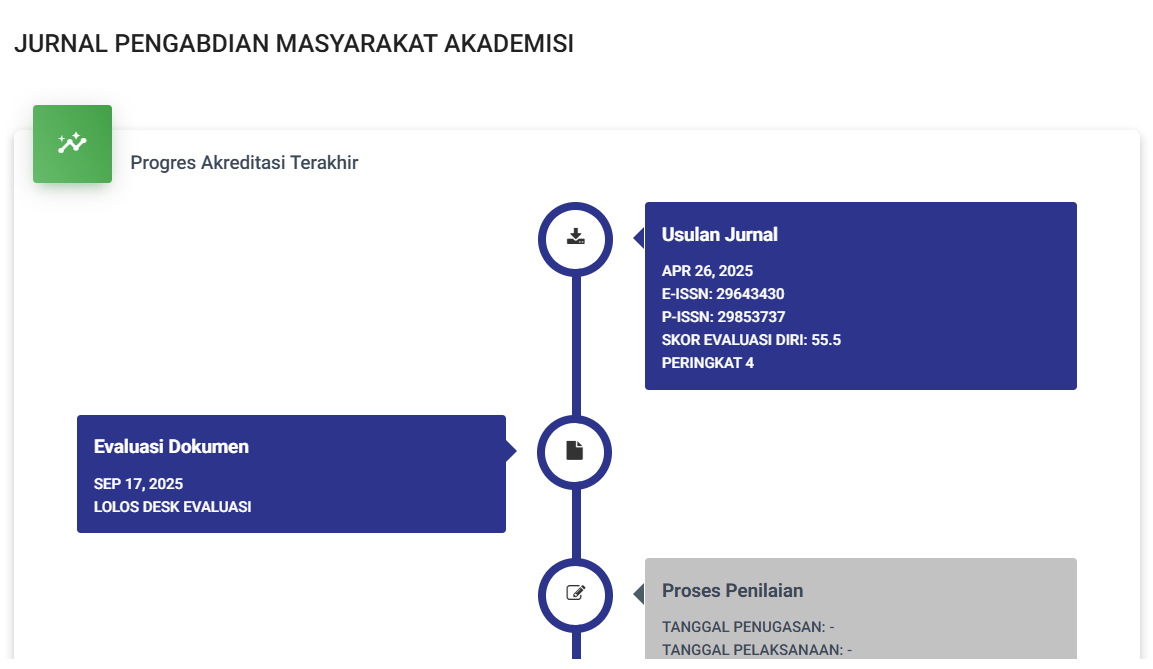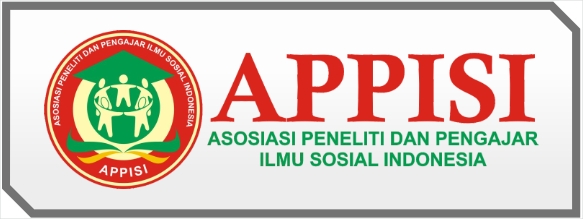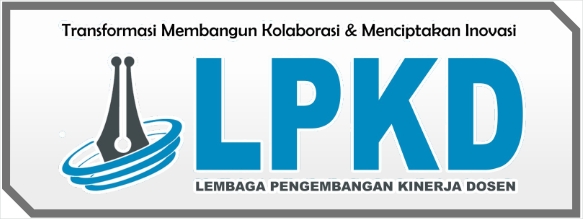Eco-Play: Menanam Pohon dan Menghias Botol Bekas untuk Mengasah Kreativitas serta Kepedulian Lingkungan pada Anak Usia Dini
DOI:
https://doi.org/10.59024/jpma.v2i4.912Keywords:
Creativity, Eco-Play, Recycle, Sustainable EnvironmentAbstract
Eco-Play is a creative learning activity designed for elementary school students to introduce the concept of environmental sustainability through the activity of coloring and recycling plastic bottles into plant pots. In this program, children are encouraged to explore their creativity by decorating used plastic bottles using paint and various eco-friendly materials. After coloring, the decorated plastic bottles are used as pots to plant small plants, such as flowers or vegetables, which can later be cared for by the children at home or school. This activity also has educational benefits, where children learn about the life cycle of plants and the importance of plants for the environment. By planting and caring for their plants, children will experience the satisfaction of their work and gain a better understanding of ecosystems. Eco Play not only hones creativity but also shapes children's character to be more environmentally conscious and encourages them to become agents of change in the future.
References
Borden, L. M., et al. (2017). Environmental Education and the Development of Environmental Consciousness in Children.
Cooper, J., et al. (2018). The Benefits of Tree Planting Activities for Early Childhood Development.
Evans, G. W., et al. (2020). The Impact of Eco-Play on Children's Environmental Attitudes and Behaviors.
Garrick, A., et al. (2016). Early Environmental Education and Its Influence on Children’s Environmental Behavior.
Hsin, C. T., et al. (2018). Creative Crafting with Recycled Materials and Its Effect on Children's Creativity.
Li, D., et al. (2021). Effective Methods for Implementing Eco-Play in Early Childhood Education.
Schultz, P. W., et al. (2019). Recycling Education and Its Effects on Children's Attitudes towards Waste Management.
Williams, D. R., et al. (2015). The Impact of Gardening Activities on Children's Social and Emotional Development.
Downloads
Published
Issue
Section
License
Copyright (c) 2024 JURNAL PENGABDIAN MASYARAKAT AKADEMISI

This work is licensed under a Creative Commons Attribution-ShareAlike 4.0 International License.


















